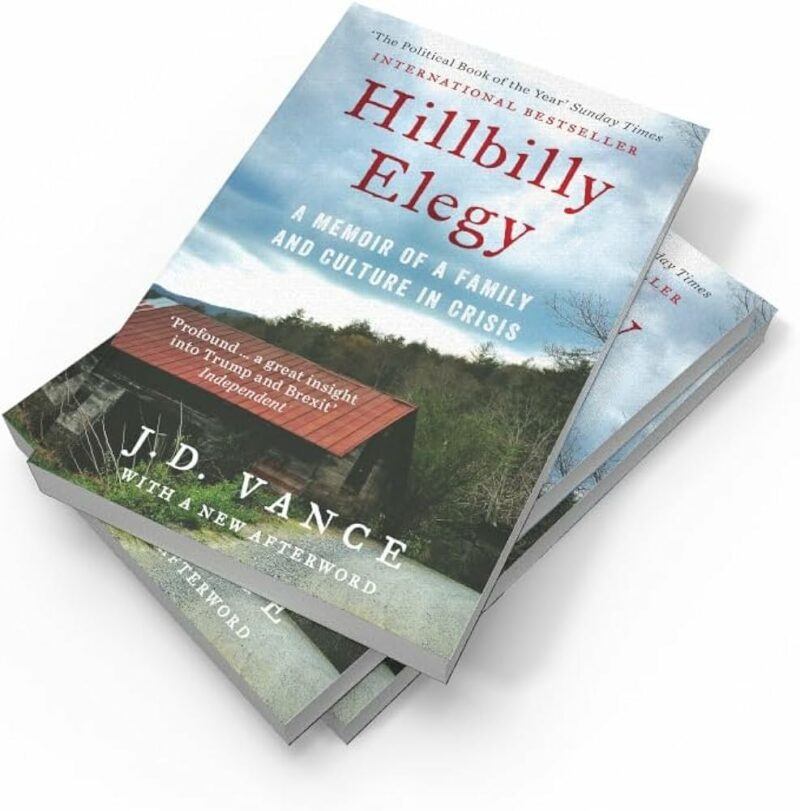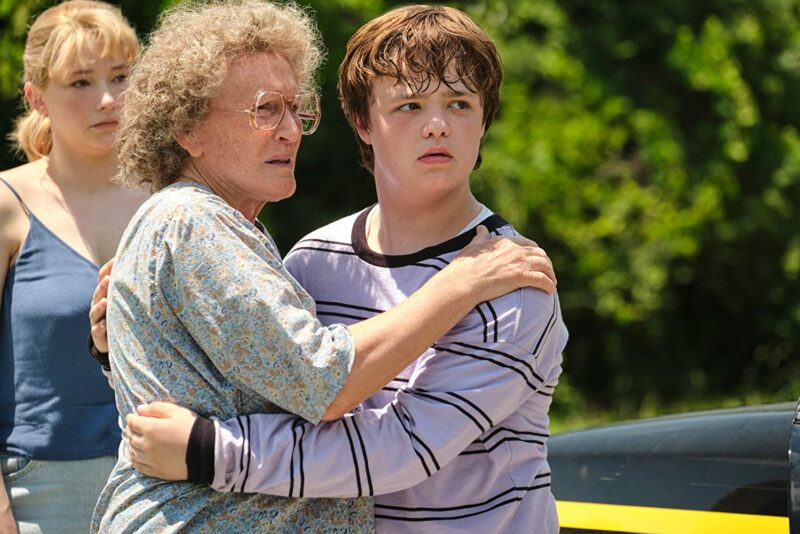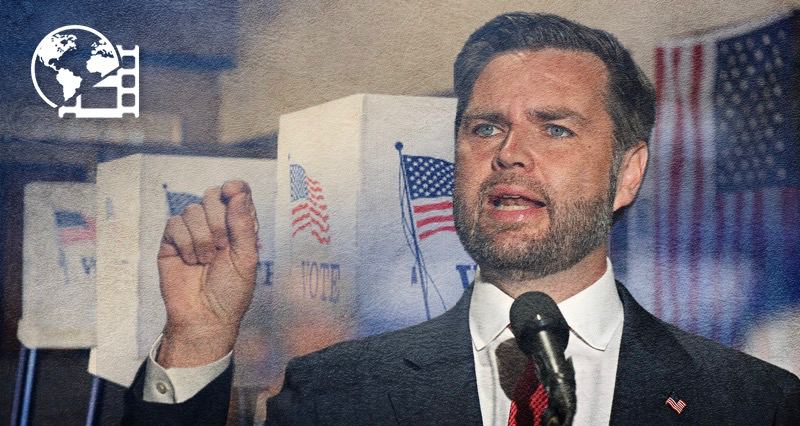As the November 5 elections approach, J. D. Vance’s autobiography is back in the spotlight
As the November 5 elections approach, J. D. Vance’s autobiography is back in the spotlight
There are many autobiographical works that delve deep into the life stories of famous politicians, starting from their childhood, and touch on aspects that are not well known to the public, but the kind of sincerity and pouring that James David Vance reveals in his book “Hillbilly Elegy – A Memoir of a Family and Culture in Crisis” is rarely encountered. When the book, which tells the story of a family struggling to cope with the fragmented American dream, namely Vance’s own family, was published in the United States in 2016, it immediately topped the bestseller list, attracting the attention of readers with the author’s reckoning with his family and his own identity, as well as his keen look at the conditions of low-income rural people. The fact that J. D. Vance, a moderate-center-right who was an opponent of Trump at the time and expressed his dislike for Trump at every opportunity, surprisingly became Trump’s vice-presidential candidate in the upcoming elections, brought the book and the Netflix movie of Ron Howard, based on this book, back to the agenda.

Like a flower blooming in a swamp
Ron Howard, who has brilliant productions such as “The Da Vinci Code”, “Cinderella Man”, “A Beautiful Mind”, “Angels & Demons”, “Inferno”, “Apollo 13”, “Far and Away” and a political period film such as “Frost / Nixon” in his career, has been criticized for having difficulty capturing the power and emotional depth of the book in the 2020s “Hillbilly Elegy”. But I do think, he is quite successful in reflecting Vance’s portrait on the big screen. In addition to the great acting of Amy Adams, who plays Vance’s mother Bev, who “can’t” fight drug addiction, in all her emotional turmoil, and Glenn Close as the tough, pragmatic grandmother Mamaw, as well as Gabriel Basso in the lead role (we see Owen Asztalos during Vance’s adolescence), Howard conveys the inner conflicts and personal struggles presented by the book, and how a character prone to be a “loser” turns into a lotus blooming in the swamp, without playing with the emotions of the audience. He narrates the event without dramatizing it.

“It was great to fight in Iraq.”
The film begins in Kentucky in 1997, with Vance’s experiences of growing up in Jackson, Kentucky, and Ohio, in a US Midwest environment dominated by poverty, addiction, and personal and familial dysfunction. Considering that “Hillbilly” is used in American slang to mean “mountaineer, peasant” or even “maganda”, as we’d call it in Türkiye, it seems difficult for young Vance to get rid of this culture internalized by his large family.
But Ron Howard shows that he has no intention of telling a story of personal redemption and individual miracle with a 14-year jump, bringing Vance to us as a Yale Law School student who works as a dishwasher to make money. “There is nothing more important than family,” he says, adding, “After high school, I joined the army and served in Iraq. It was a great experience that paid for my university tuition”. We see a young man who started everything from scratch and drew attention with his will and hard work rather than being ambitious. “I have no other accomplishments in my life than you and your sister. It’s a miracle you’ve made it this far in life,” says his heroin-addicted mother. Vance does not let pass the opportunities that she had missed. “My parents are not perfect, but they gave me opportunities that they didn’t find,” says the young man, who, in the middle of job interviews, has to deal with his mother’s recent addiction crisis and return home and help his sister.
An important highlight in the movie (and in the book) is that Vance’s lover, Usha, is of Indian origin, whose father also came to the United States only with a jacket at hand to start everything from scratch, just like Vance’s grandfather. This fact, which points out the bumps of the path that both Vance and Usha have stepped on as the “other” in the USA, the “land of opportunity”, coming from different cultures outside the average, draws attention as the element of diversity they add to each other’s lives.

A rare kind of political turn
The story of J. D. Vance, who took a sharp turn from his anti-Trump stance and found himself as Trump’s vice-presidential candidate, actually makes a social analysis by framing a family that is on the verge of disintegration, just like today’s United States. Vance, who graduated from Yale in 2013, is well aware that he has left a traumatic legacy with his book, saying, “My future is the common legacy of all of us.”
Howard doesn’t just take the dramatic elements and scenes from the book; he takes a satisfying look at the theme of poverty. Vance’s is not a rise, but a story of survival, and the fact that Ron Howard brings us a portrait of a “superhero who overcomes challenges” is something to be appreciated, no matter how you look at it. In his 116-minute film, Ron Howard has reduced the social criticism and cultural questioning dimension of the book to a degree, but it preserves the sociopolitical ground as it is. Despite the fact that some of those who read the book did not find the film satisfying enough, “Hillbilly Elegy” serves as a kind of rehabilitation for those in the lower-middle class of American society.
“That day” came fast
It’s one of the ironies of the political world that J.D. Vance’s ongoing story depends on Trump’s election success or failure. Ron Howard says that during the filming, Vance was not interested in a political career and reaching a high office, he was only busy building up his family. Howard asked Vance if he had any clear political aspirations, to which he replied, “Maybe someday in the future…” He got the answer. Apparently, that day came sooner than anyone expected. Let’s see how the march of the “Countryman”, the Vice-Presidential candidate of the Republican Party in the US Presidential elections on November 5, among the elites will continue.
















Leave a Reply